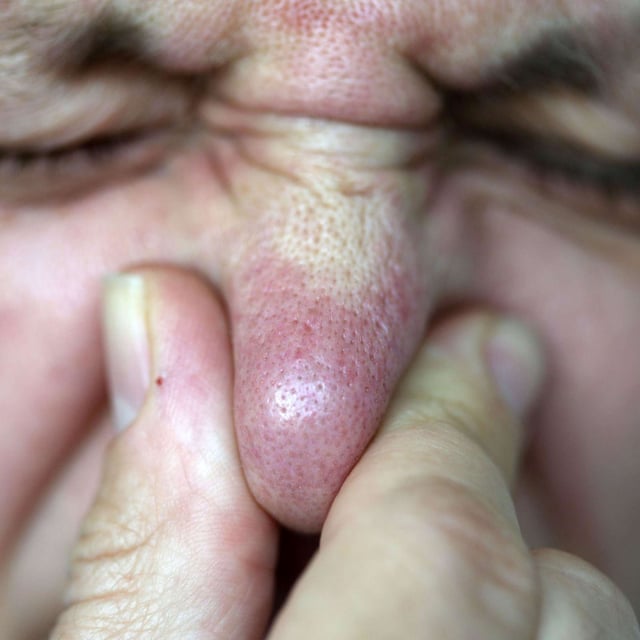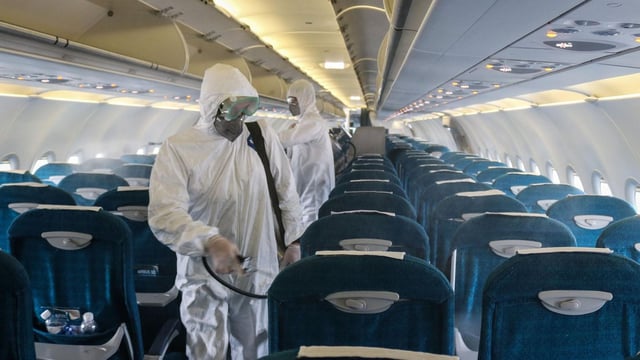Overview
- Reduced cabin pressure at cruising altitude expands intestinal gas by loosening trapped air in the gut and leads to more frequent flatulence
- Early studies in 2005 and 2013 found that activated carbon fibers in underwear and proposed seat fabrics can adsorb odorous sulfur gases
- Airbus maintains its ventilation system replaces all cabin air every two to three minutes and considers additional filters unnecessary
- Lufthansa reports no specific policy on onboard flatulence while Turkish Airlines advises herbal tea instead of caffeine and slow eating to prevent excess gas
- Gastroenterologists recommend avoiding heavy or carbonated meals before flying and suggest aisle walking and abdominal massage to relieve pressure

